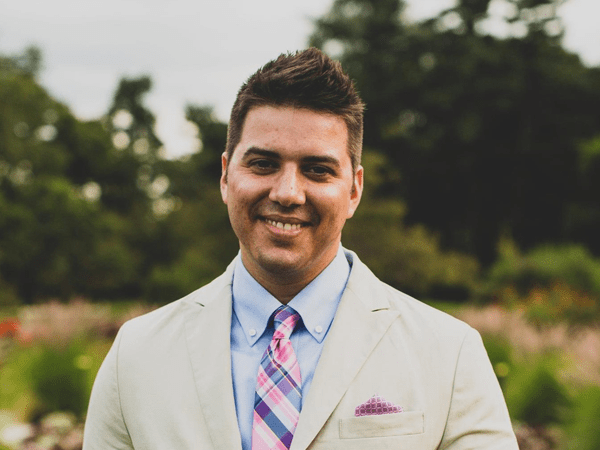Harold Freeman had big plans after he finished his residency at Memorial Sloan Kettering Cancer Center in 1968. He planned to cut cancer out of Harlem.
“I’m ready to do it. I’m skilled. I know how to cut cancer out. I want to cut it out of Harlem. I can’t do that. I can’t cut it out. It won’t yield. It won’t yield to the surgeon’s knife. It won’t yield to what we call the Bard-Parker, which was the name of the surgeon’s knife. Cancer wouldn’t yield,” Freeman said to The Cancer Letter in an interview with Robert A. Winn, director of VCU Massey Cancer Center, and John Stewart, founding director of LSU Health/LCMC Health Cancer Center. “Then I get to the reality, I can’t cut it out. Why? Because the people were coming in too late with cancer for me to be able to cut it out.”
Freeman made his career out of asking why it was that his patients, who were poor and Black, sought treatment too late. As president of the American Cancer Society in 1988-89, he published a study, “Cancer in the socioeconomically disadvantaged,” and made an unprecedented conclusion—“that the principal reason that Black people were dying from cancer was because they were poor.”
“It was a socioeconomic invasion that was deeper than the cancer invasion in the community,” Freeman said.


Freeman hypothesized that “the combination of the three overlapping circles: poverty, social injustice, and culture, drives disparities across the continuum from where you live to when you die. That’s my theory, and if that’s true, then it should guide you about what to do about it.”
His work and background growing up in segregated Washington, D.C. schools led him to a solution.
“If people meet barriers in getting through the healthcare system with cancer and other chronic diseases, then maybe we should navigate them. Maybe we should navigate them. The concept of patient navigation came out of that experience,” he said. “People who did not have that background wouldn’t think of this, wouldn’t be challenged like this, wouldn’t care, perhaps, like I did, about it.
“The truth of the matter is that I came from nowhere. I had the opportunity to become a high-level trained surgeon, that I came from a particular background that caused me to be concerned about injustice, and particularly, racial injustice, and then applied it to my work.”
This story is part of a series of interviews conducted by Robert Winn, guest editor of the Cancer History Project during Black History Month (The Cancer Letter, Feb. 4, 2022).
This conversation is also available as a video and a podcast.











